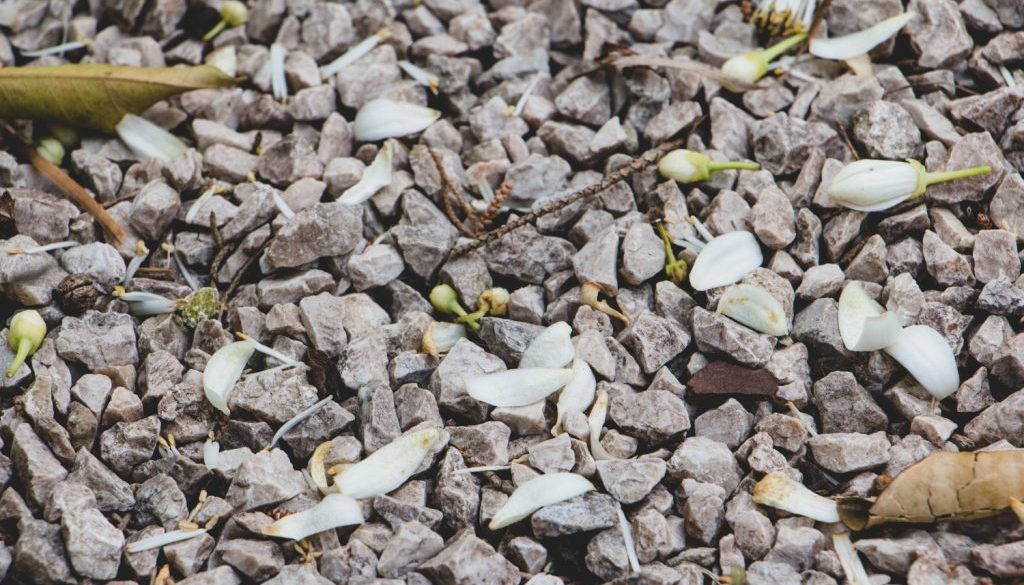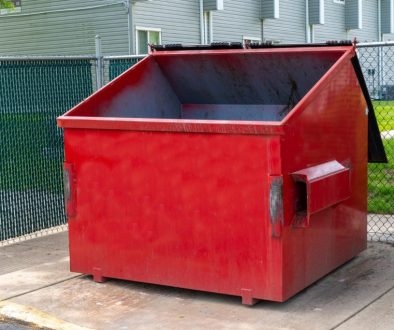Sustainability is not just a trend; it’s a critical approach to modern construction that we passionately support. At our core, we are committed to promoting sustainable construction practices, one of which includes the use of recycled aggregates. These materials are pivotal not just in lowering the environmental footprint of construction projects but also in contributing robustly to building quality and cost-efficiency.
Recycled aggregates come from the processing of inorganic materials previously used in construction, which means they help us keep unnecessary waste out of landfills and lessen our environmental impact. By choosing to integrate these recycled materials in various construction phases, builders can witness not only ecological benefits but also significant enhancements in structural integrity and project budgets.
What Are Recycled Aggregates and Where Do They Come From?
Recycled aggregates are essentially materials reclaimed and reprocessed from construction and demolition waste. This includes concrete, bricks, tiles, and other construction debris that can be crushed and repurposed for new construction projects. These materials often come from buildings that have been dismantled, road surfacing that has been removed, or any construction site where existing materials can be recycled rather than disposed of. At our facility, we have a rigorous process of collecting and processing these materials to ensure they meet high standards of quality and suitability for new construction uses.
The journey of these aggregates begins at demolition sites or construction waste where they are carefully sorted and transported to our recycling facilities. Here, they undergo several processes including crushing, screening, and cleaning to transform them into high-quality recycled aggregates. By doing so, we not only repurpose waste materials but also drastically reduce the volume of waste that would otherwise contribute to landfill overflow, thereby supporting environmental sustainability from multiple angles.
Environmental Benefits of Using Recycled Aggregates
Utilizing recycled aggregates offers significant environmental benefits, underscoring their value in promoting sustainable construction practices. Firstly, the reuse of these materials significantly reduces the need for virgin raw materials, which in turn decreases the environmental strain from quarrying and mining activities. This reduction in raw material usage naturally leads to a diminished carbon footprint, as the processes involved in extraction and processing are energy-intensive and contribute to substantial CO2 emissions.
Moreover, by diverting construction and demolition waste away from landfills, recycled aggregates play a crucial role in waste management. Landfills are not only a source of potent greenhouse gases like methane but also pose severe land use and pollution challenges. Therefore, employing recycled aggregates helps in mitigating these effects, making it an environmentally sound choice. Additionally, the energy consumption involved in processing recycled aggregates is considerably lower compared to producing new materials. This energy efficiency further enhances their suitability as an eco-friendly alternative, enabling us to provide sustainable building solutions that our clients can be proud of.
Practical Advantages of Recycled Aggregates in Construction
Recycled aggregates, derived from processed construction debris like concrete, tiles, and bricks, bring several practical benefits to construction projects. As we integrate these materials into our operations, we find that they can significantly lower project costs, due to their affordability compared to virgin aggregates. Moreover, they are readily available through our recycling efforts, ensuring a steady supply without the need for extensive mining activities which further reduces environmental strain.
The versatility of recycled aggregates is another significant advantage. They can be used in a wide range of construction applications including road bases, landscaping, and as fill material under concrete floors. Their use also contributes to a project’s sustainability criteria, a factor increasingly important in today’s construction industry standards. By choosing recycled aggregates, our customers have witnessed improved project sustainability scores, which can lead to better compliance with regulations and potentially more bidding opportunities on eco-minded projects.
How We Ensure Quality in Our Recycled Aggregate Products
At our company, ensuring the quality of our recycled aggregates is paramount. We adhere to strict processing standards to produce materials that meet or exceed the performance of traditional aggregates. Our process starts with a rigorous selection and sorting of inbound construction waste, followed by advanced crushing and screening technologies to achieve consistent texture and size.
Furthermore, we conduct regular quality tests in accordance with industry standards. This includes assessments for composition, durability, and safety to ensure that our recycled aggregates are free from contaminants and suitable for a variety of construction purposes. We also invest in ongoing research and development to enhance the efficiency of our recycling processes, ensuring that our recycled aggregates remain a high-quality choice for builders and contractors looking to make environmentally responsible decisions without compromising on material standards.
Conclusion
As we continue to advance our efforts in recycling and managing waste sustainably, we are committed to offering our clients not only practical waste management solutions but also high-quality recycled 6F2 aggregates that support their construction needs. By choosing recycled materials, we help pave the way towards a more sustainable and environmentally conscious construction industry.
If you’re looking to adopt greener practices in your next construction project or need expert advice on managing waste effectively, our team at Enviro Skip Hire is here to help. Together, we can achieve your project goals while contributing positively to environmental stewardship. Explore our services today and join us in our mission towards a cleaner, more sustainable future.




